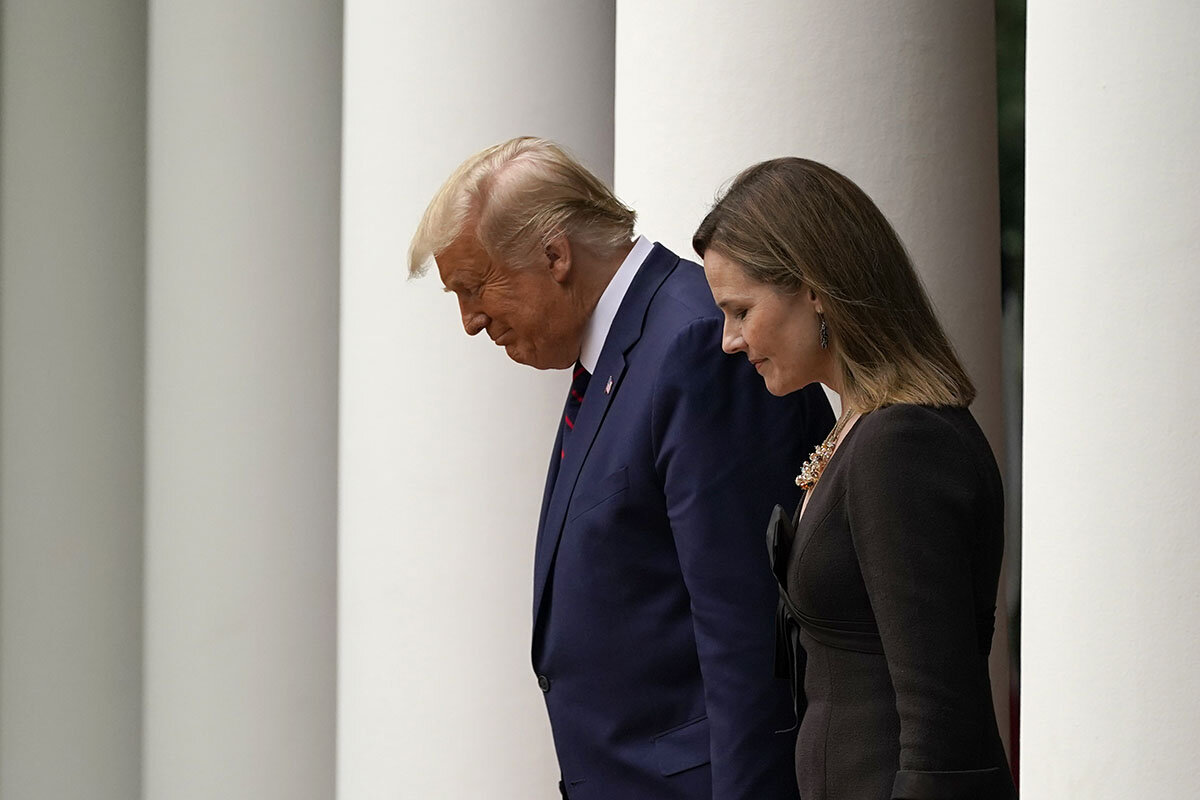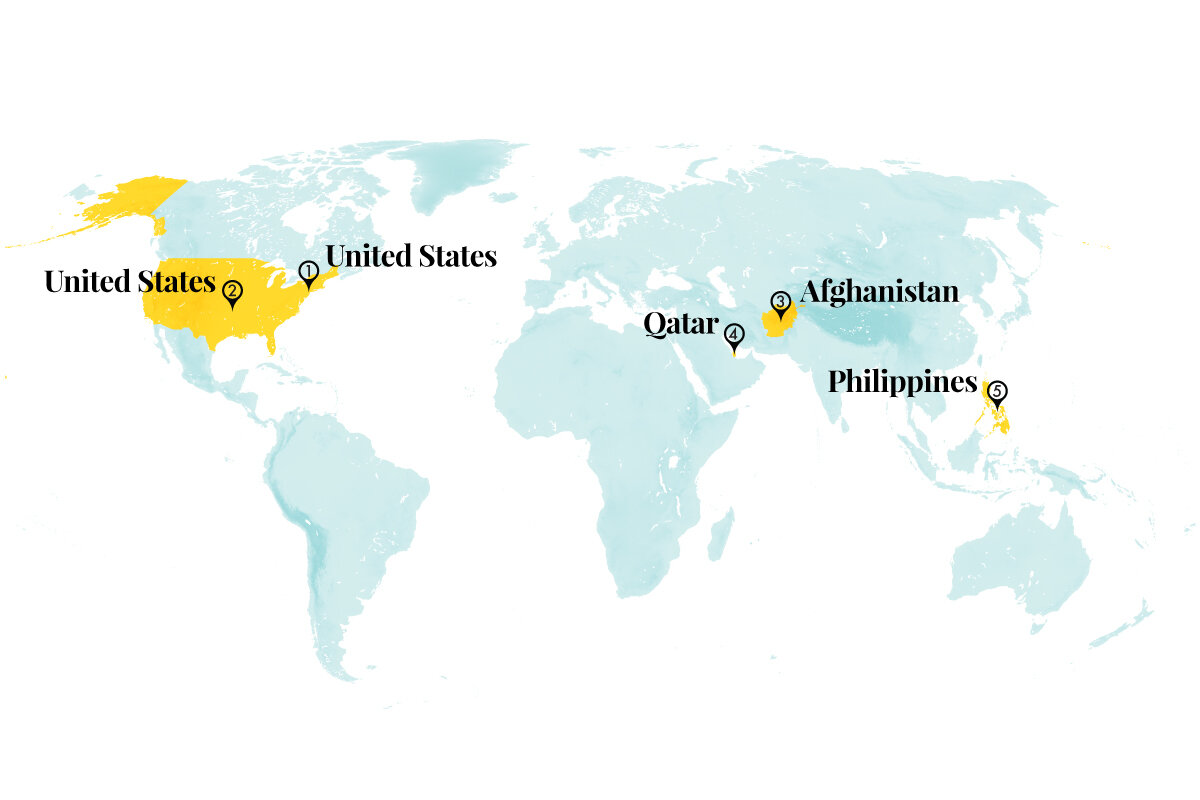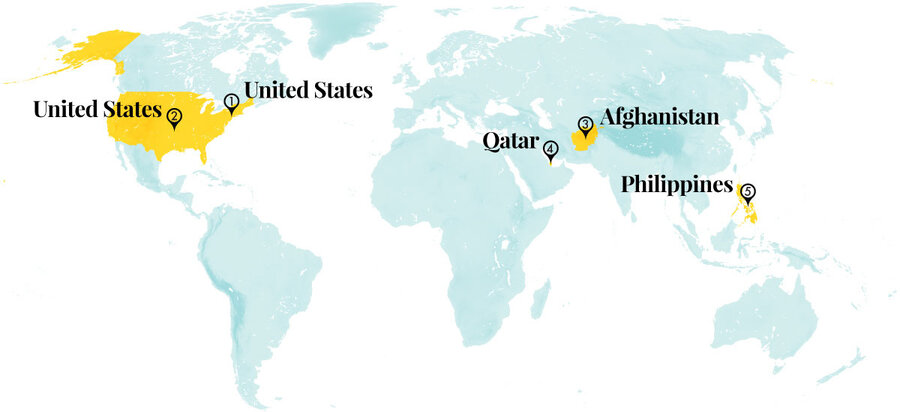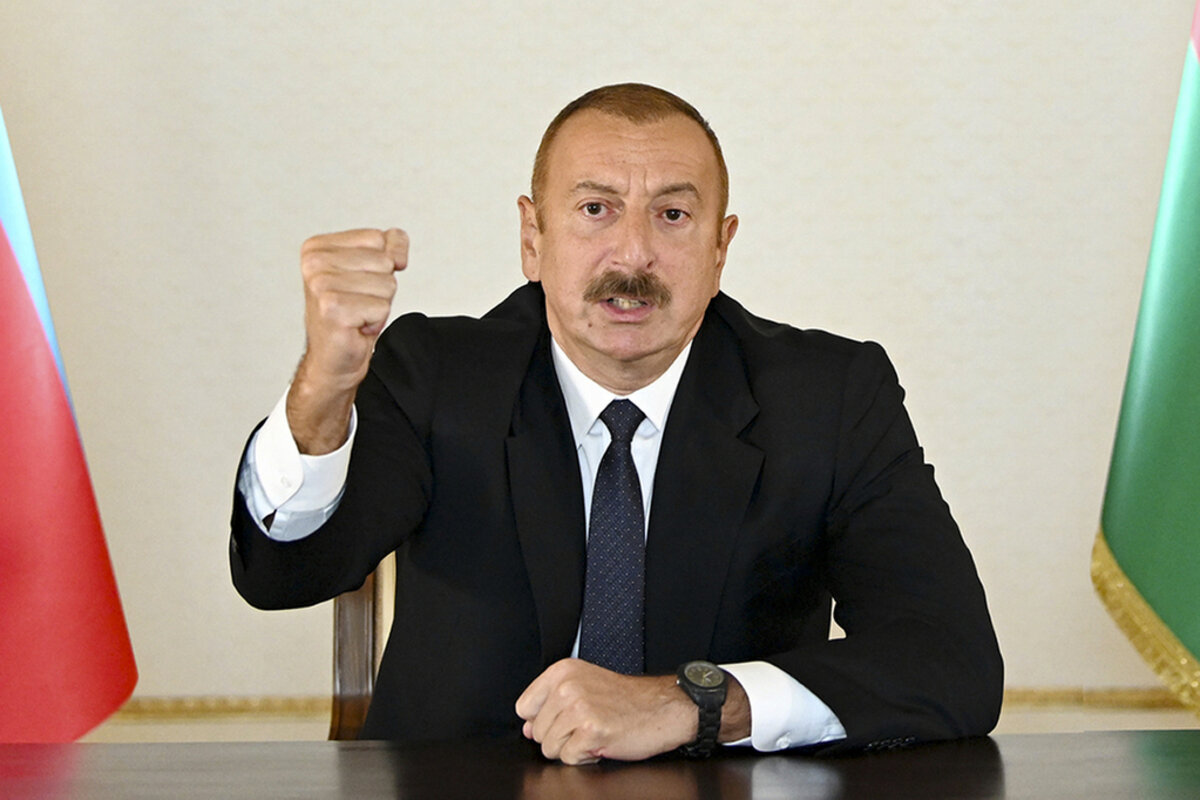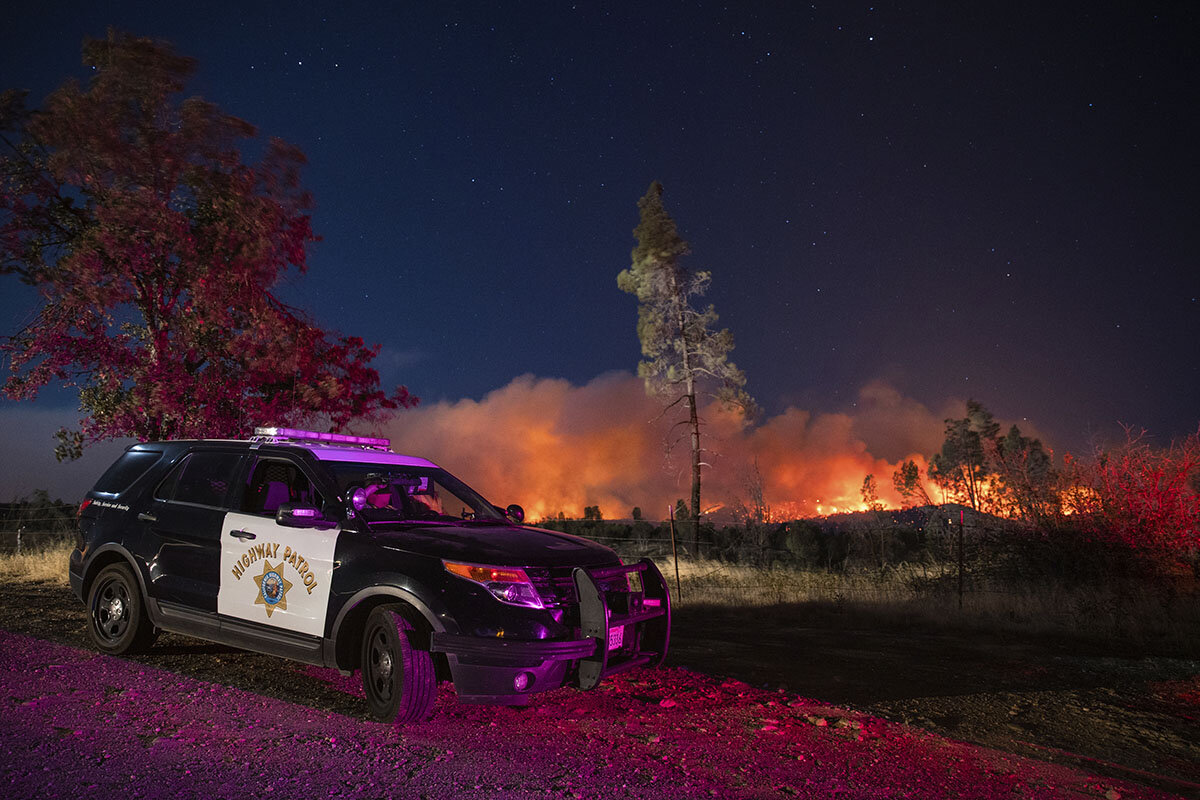Using available loopholes to avoid taxes may be a time-honored tradition. But it can be risky politics, as citizens look to leaders to model financial integrity.
Monitor Daily Podcast
- Follow us:
- Apple Podcasts
- Spotify
- RSS Feed
- Download
 Noelle Swan
Noelle Swan
Why does empathy matter?
In my time as science editor, I’ve seen political trench digging around climate change. But I’ve also seen how empathy can turn battles into conversations. When we start to explore the experiences and fears that fuel the intensity of this debate, these two warring factions come into focus as people.
Presidential historian Doris Kearns Goodwin says empathy has been essential for many presidents too. Her 2018 book, “Leadership: In Turbulent Times,” focuses on the role of empathy in the presidential administrations of Abraham Lincoln, Theodore Roosevelt, Franklin Roosevelt, and Lyndon Johnson. Each came to power at a time of “unprecedented” partisanship, not unlike today. And each employed empathy as a guiding light through dark times.
That spirit of compassion was on display in Illinois during the Lincoln-Douglas debates in 1858. Lincoln was trying to unseat incumbent Sen. Stephen Douglas. A staunch abolitionist, Lincoln denounced slavery, but he stopped short of writing off the people who supported it.
“I have no prejudice against the Southern people,” he said. “They are just what we would be in their situation.”
Empathy played a role in the success of Franklin Roosevelt’s fireside chats during the Great Depression. He explained policy decisions, but he also showed voters that he understood their worries and he enlisted their help. “Let us unite in banishing fear,” he implored in his first such address on March 12, 1933.
Then, as now, it was difficult for Americans to imagine common ground. But it’s worth remembering Roosevelt’s closing remarks from that first fireside chat: “Together we cannot fail.”





